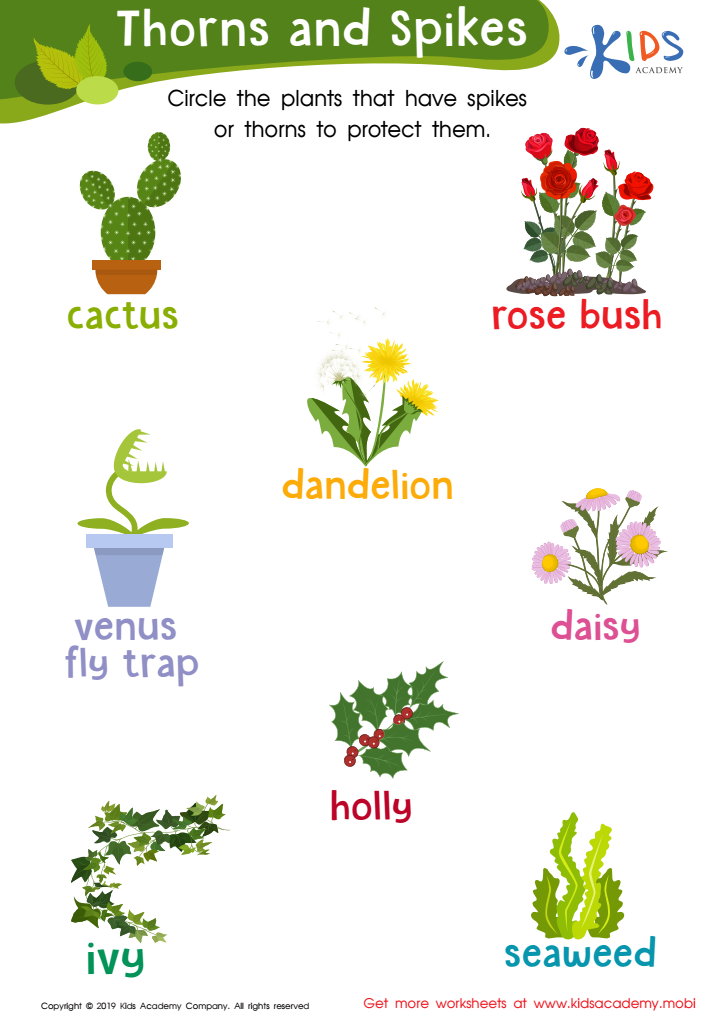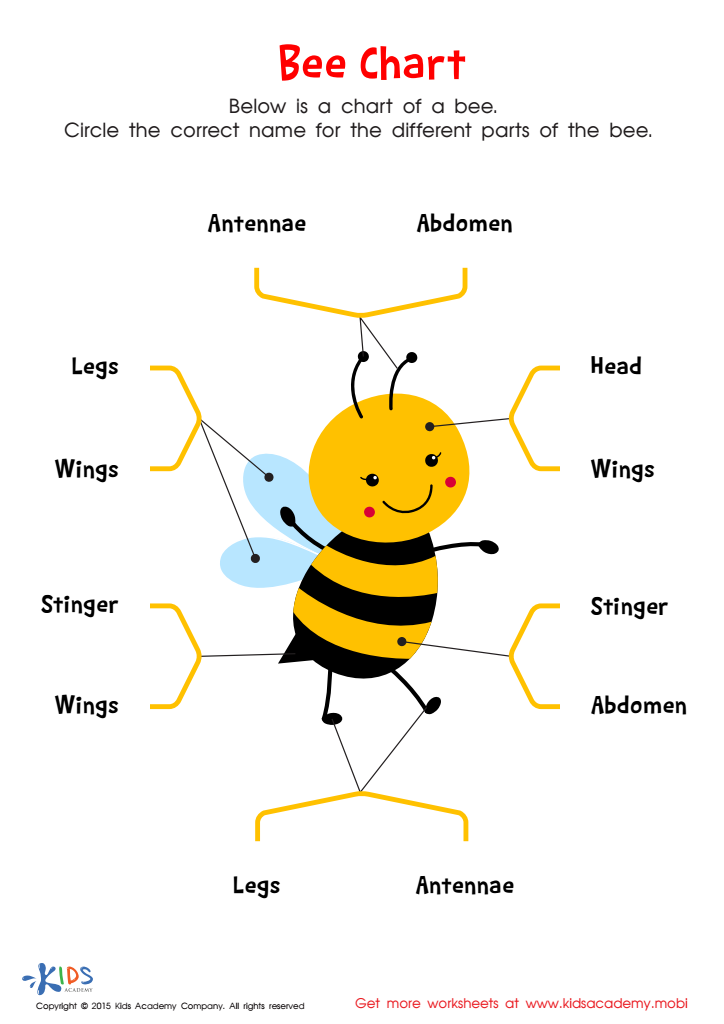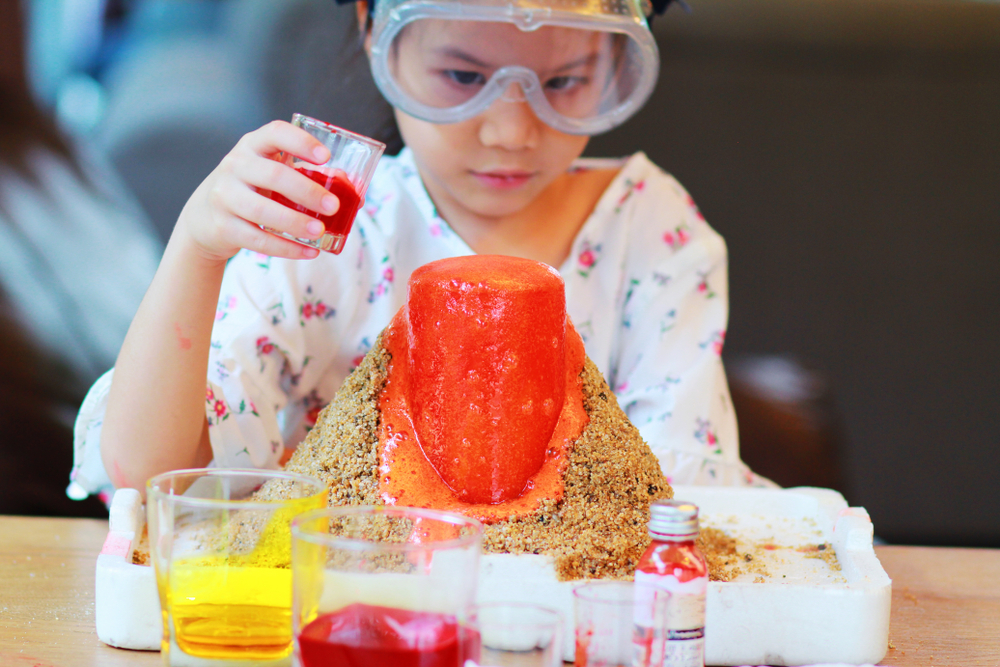Science knowledge Normal Science Worksheets
3 filtered results
-
From - To
Enhance your child's understanding of scientific concepts with our Science Knowledge Normal Science Worksheets! Designed for young learners, these engaging and informative worksheets cover vital topics including the scientific method, basic biology, chemistry, physics, and earth sciences. Each worksheet provides fun activities and thought-provoking questions that promote critical thinking, creativity, and a passion for discovery. Easily printable and adaptable for different learning styles, these resources are perfect for classroom use or home study. Foster your child's love for science while building essential knowledge that forms the foundation for future learning. Explore our collection today and ignite their curiosity!


Thorns and Spikes Worksheet


Space: Assessment 2 Worksheet
Parents and teachers should prioritize knowledge of "Normal Science" because it lays the foundational understanding of how scientific inquiry operates within the framework of existing theories. "Normal Science," as defined by philosopher Thomas Kuhn, refers to the routine scientific work conducted within established paradigms. This understanding helps students appreciate the process of scientific discovery and validation, highlighting that science is not just a collection of facts, but a dynamic method of exploring and explaining the world.
Emphasizing Normal Science develops critical thinking and analytical skills in students. When children grasp how scientists build upon existing knowledge, they become more adept at evaluating information, understanding the importance of evidence, and recognizing the incremental nature of scientific advancement. Additionally, this knowledge fosters a sense of curiosity and wonder about the natural world, encouraging students to engage in inquiry and exploration.
For parents and teachers, promoting a solid grasp of Normal Science in early education can help create informed citizens who appreciate the role of science in everyday life. This understanding is crucial for tackling pressing global challenges, from climate change to public health, ensuring that future generations have the tools to think critically and engage actively in a scientifically literate society.
 Assign to My Students
Assign to My Students
















